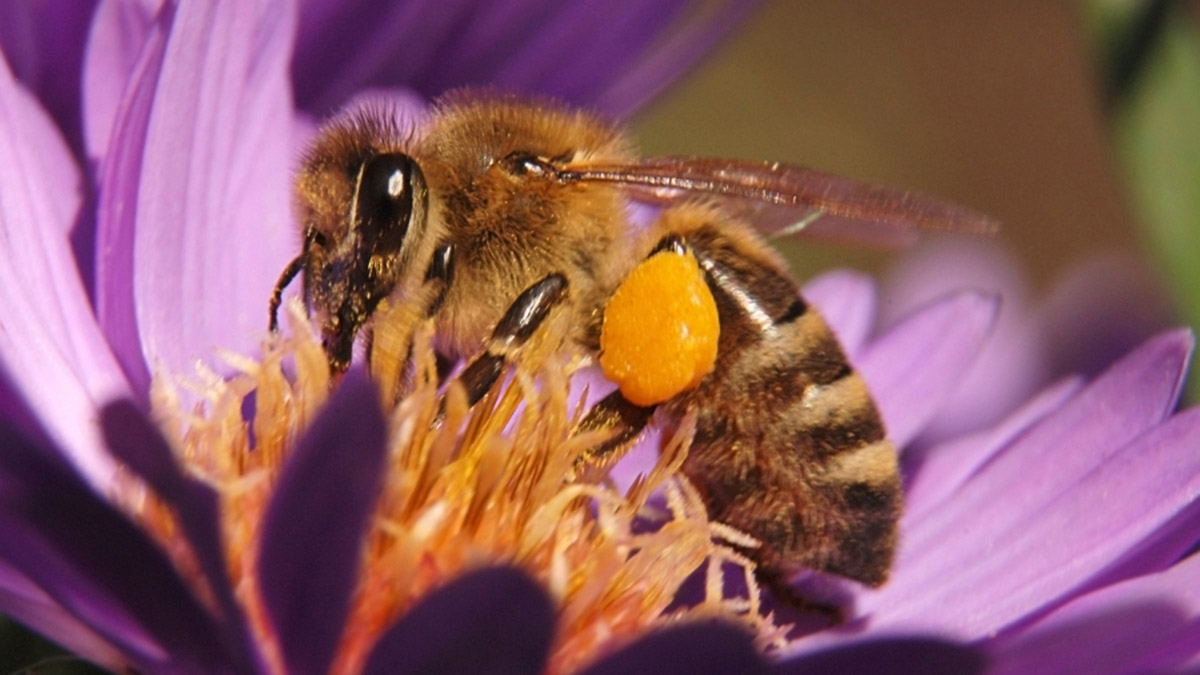Raccoons are curious yet mischievous creatures that can cause significant problems for homeowners. If you're wondering how to repel raccoons, you're not alone. Many people find themselves faced with the challenge of keeping these furry bandits away from their properties. Not only can they rummage through garbage cans, but they can also damage property and pose health risks. This article will explore various effective methods for keeping raccoons at bay.
To successfully fend off these nocturnal adventurers, one must employ a range of techniques, from securing food sources to utilizing natural repellents. In this exploration of strategies, we will provide valuable insights and practical solutions that can help you maintain a raccoon-free environment.

Understanding Raccoon Behavior
Before diving into the methods of repelling raccoons, it is essential to comprehend their behavior. Raccoons are primarily scavengers and have an exceptional sense of smell. They are attracted to food sources, making trash cans, pet food, and even bird feeders prime targets.
Being nocturnal, raccoons are most active during the night, which is when they tend to search for food. Understanding these habits can help you take proactive measures to limit their access to your property.

Securing Garbage Cans to Deter Raccoons
The first line of defense against raccoons is securing your garbage cans. These furry thieves are skilled at opening lids, so you'll want to implement some effective strategies:
- Use Raccoon-Proof Trash Cans
- Invest in cans with locking lids or weighty designs that make it difficult for raccoons to open them.
- Store Cans Indoors
- If possible, keep your trash cans in a garage or shed until the morning of your collection day.
- Use Heavy Weights
- Attach weights or bungee cords to lids to prevent raccoons from accessing the contents easily.
By taking these precautions, you can significantly reduce the likelihood of raccoons raiding your garbage.

Eliminating Food Sources
In addition to securing your garbage, eliminating potential food sources can deter raccoons.
- Feed Pets Indoors
- Do not leave pet food outside, as this will attract raccoons and other wildlife.
- Remove Bird Feeders
- If you have bird feeders, consider taking them down at night, as raccoons will scavenge fallen seeds.
By making your property less accommodating for raccoons, you can reduce their desire to visit.

Natural Repellents to Discourage Raccoons
Using natural repellents can effectively deter raccoons without harming them. The following methods can help keep raccoons at bay:
- Use Strong-Smelling Substances
- Raccoons dislike strong scents. Spraying a mixture of water and vinegar around your yard can create a deterrent.
- Cayenne Pepper
- Sprinkling cayenne pepper or crushed red pepper around entry points may fend off raccoons who dislike the scent.
- Essential Oils
- Consider using essential oils such as peppermint or citrus. Mixing a few drops with water and spraying around your yard can discourage raccoons.
- Commercial Repellents
- There are numerous commercial raccoon repellents available that utilize natural ingredients.
Using natural methods to repel raccoons can create an environment they prefer to avoid.
Physical Barriers: Fencing and Other Solutions
In addition to natural repellents, physical barriers can be effective in keeping raccoons away:
- Install Fencing
- Consider erecting a fence that is at least 4-5 feet high. Ensure that the bottom is buried several inches underground to prevent them from digging underneath.
- Use Motion-Activated Sprinklers
- Setting up motion-activated sprinklers can startle raccoons and deter them from entering your yard.
- Secure Pet Doors
- If you have a pet door, make sure it is secured so raccoons cannot enter your home.
Implementing these physical solutions can create additional barriers against raccoons.
Using Noise and Light to Deter Raccoons
Raccoons may be frightened away by noise and sudden lights. Here are a few methods:
- Install Noisemakers
- Consider placing wind chimes or motion-activated alarms in your yard.
- Use Lights
- Motion-activated lights can scare raccoons away, especially in darker areas.
By using light and sound, you can create an environment that raccoons find unsettling.
Livestock Considerations
If you live on a farm or have livestock, keeping raccoons away is crucial:
- Secure Feeding Areas
- Ensure that feeding areas for livestock are insulated from raccoons.
- Lock Up Leftovers
- Never leave leftover feed out in open areas, as this can attract raccoons.
Taking these precautions will help protect your livestock from potential raccoon problems.
In Case of Infestation
If you find yourself facing a serious raccoon infestation, consider reaching out to professionals. They can assist with safely removing raccoons from your property. Make sure to hire someone who follows humane practices.
Conclusion
Raccoons may be cute, but they can quickly become a nuisance. By understanding how to repel raccoons and implementing various strategies, you can enjoy peace of mind while keeping your property safe. From securing garbage cans to using natural repellents, there are many effective methods to protect your space from these cunning critters.
For more information on related pest control topics, check out these links:
FAQs
What smells do raccoons hate?
Raccoons are known to dislike strong scents such as vinegar, peppermint oil, and cayenne pepper.
Are raccoons dangerous to pets?
Raccoons can potentially be dangerous to pets, especially if they feel threatened or cornered. It is best to keep pets supervised outdoors.
How can I tell if raccoons are visiting my property?
Signs of raccoon activity include overturned trash, tracks, or scats in your yard. They may also create noise while foraging at night.
As an Amazon Associate, I earn from qualifying purchases.
